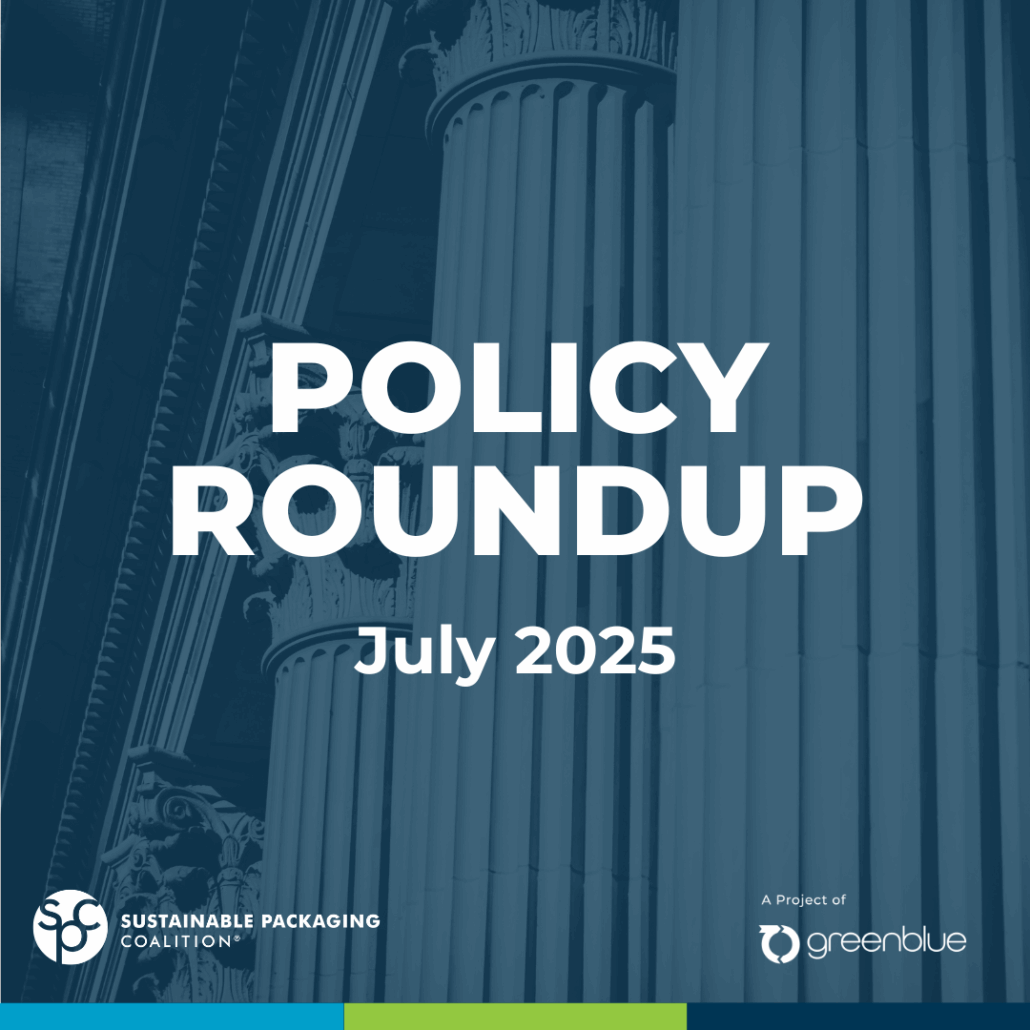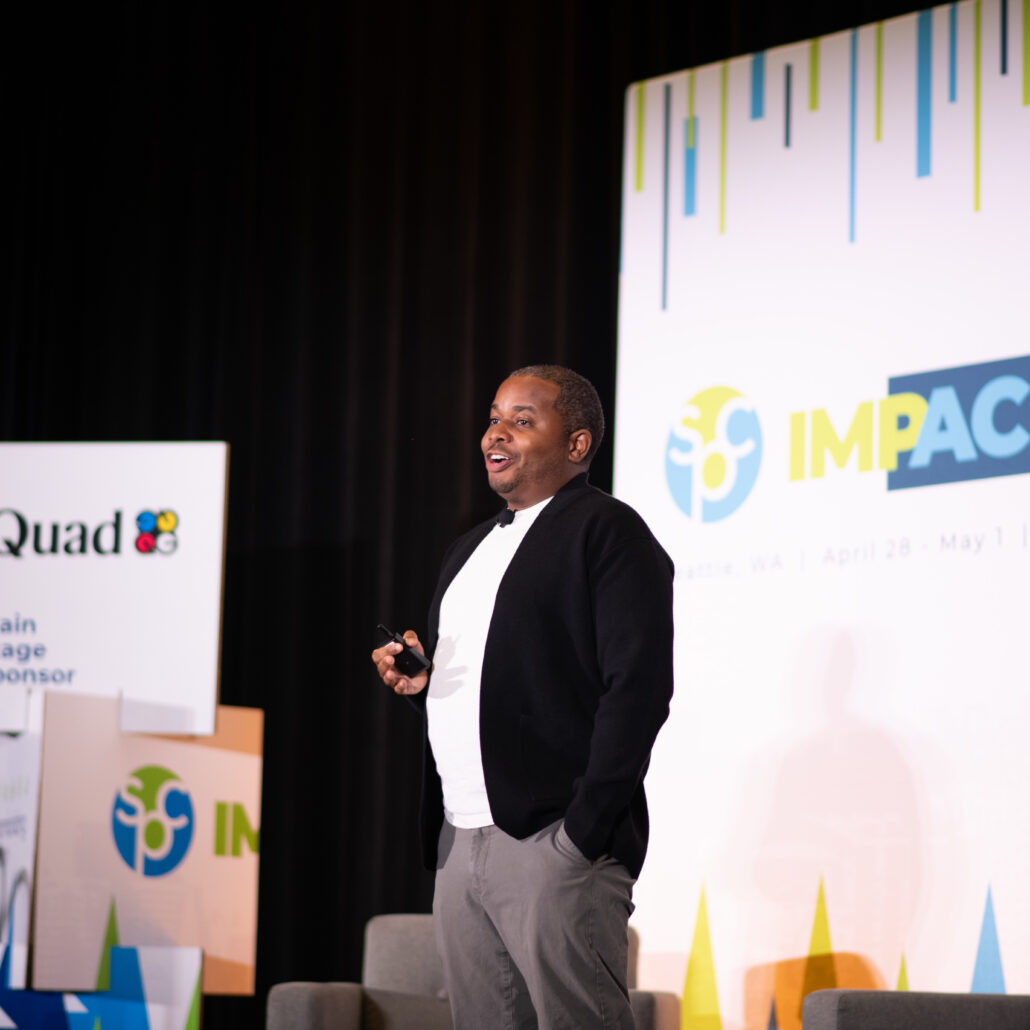At SPC Impact 2023, Jason Bell with Sustainability Solutions and David Brabham from Georgia-Pacific took to the stage to talk about Decarbonizing Paper Production. As the title suggests, there is a clear opportunity for the industry to reduce greenhouse gas emissions resulting in lower carbon emissions for packaging. The speakers provided their perspectives on what we may see for both near-term and long-term transitions.
In his opening remarks, Brabham framed three supply chain levers for driving change:
- Raw Materials
- Manufacturing
- End of Life
RAW MATERIALS
Regarding raw materials, there have been numerous studies that correlate a demand for forest products with increasing support for well-managed forests. In other words, landowners need markets for whatever is grown on their land – and if there is no demand for wood products, they may choose to grow other crops, or to develop land for commercial or residential purposes. In regard to other renewable fiber sources, most stakeholders agree that agricultural residues (like bagasse from sugar cane) are responsible choices for fiber because those residues would otherwise be wasted. However, Brabham pointed out that “We shouldn’t be replacing forests with other purpose-grown crops.”
MANUFACTURING
As for the manufacturing footprint of papermaking – both speakers agreed that for the next ten years or so, the industry will continue investing in opportunities to increase efficiency (using less energy) as well as fuel switching to reduce greenhouse gas emissions. The industry has long led other sectors in the use of biobased fuels (primarily wood residuals like bark and black liquor). Bell suggested that a cultural change is needed from the ground up similar to the longstanding efforts on workplace safety. “Like safety, we need to see a cultural shift around greenhouse gas reductions. Operators see data on safety, uptime and quality on the shop room floor every day”, Brabham explained. By providing operators visibility to key performance indicators like energy and emissions per unit of production, operators could see the effects of their work in real-time – much like they do now for safety and other performance indicators.
Looking further out, Bell commented that new technologies like electric boilers and heat pumps will come into play. And Brabham noted that the industry is in a unique position related to carbon sequestration. While some industries may look at offsetting or sequestration in hopes of achieving carbon neutrality for fossil fuels– it is conceivable that the pulp and paper industry could achieve a carbon-negative status by sequestering emissions from biofuels.
END OF LIFE
Regarding end-of-life, the industry has a strong track record of recycling and use of recycled fiber. However, there are still millions of tons of paper-based packaging and food service products ending up in US landfills every year. In order to recapture some of this fiber, Georgia Pacific recently commercialized a new technology called Juno, based on a massive autoclave, that allows for the recovery of paper fiber from commercial and residential waste streams. The process has also proven that it can handle challenging products such as poly-coated papers and materials with high food residue. While the autoclave uses higher levels of energy than traditional sortation processes, life cycle studies have shown that the process does result in a significant net reduction of emissions – while also recovering additional recyclables (e.g. cans and bottles) from the waste stream.
In short, the pulp and paper industry continues to drive efficiency improvements, adopt fuel switching, and support sustainable forest management. While the industry is quite mature, we also continue to see technology advancements, like Juno. Looking ahead, it is conceivable that with the advent of sequestration technology papermaking could become carbon negative. Indeed, it seems there is a road to reducing the emissions associated with industrial manufacturing; and that road will be lined with trees.





